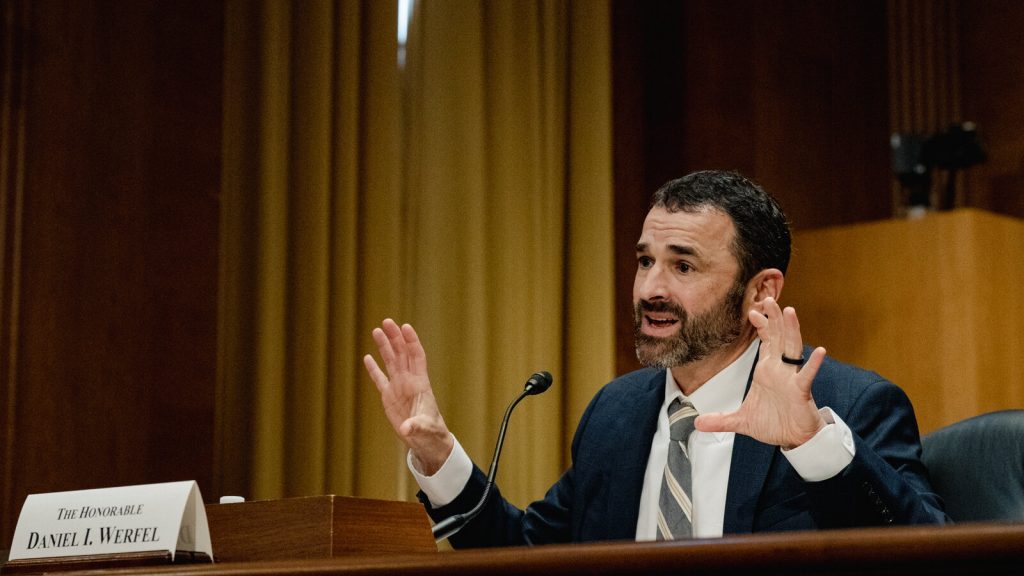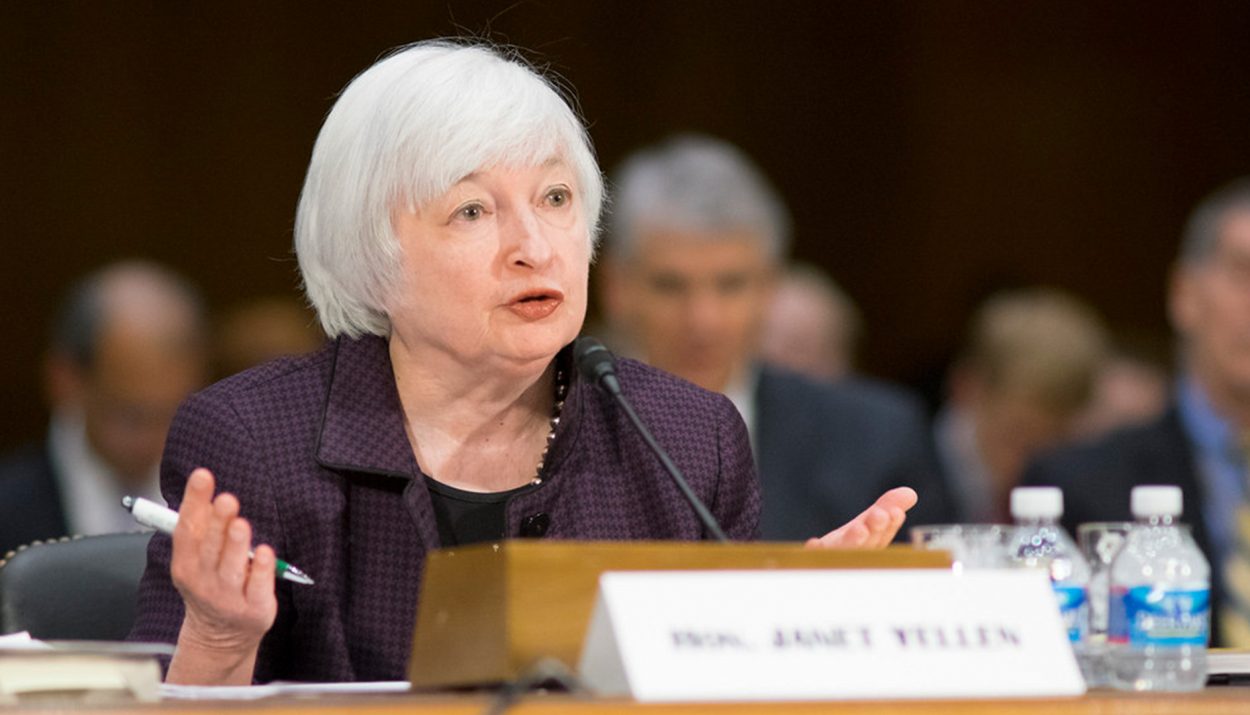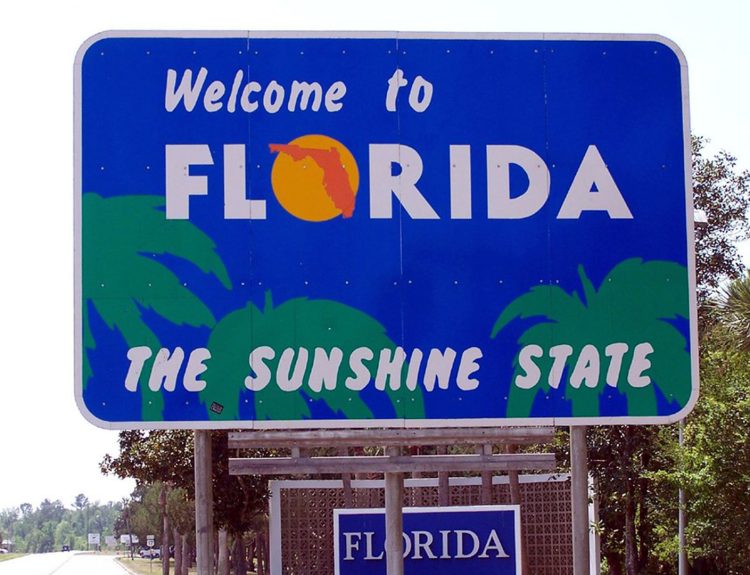The IRS just announced a new push to collect $100 billion in unpaid taxes from over 125,000 high-income individuals who haven’t filed returns since 2017. This massive campaign signals a new era of crackdowns on tax evasion among the wealthy.
IRS Starts Sending Letters Demanding Unfiled Returns
This week, the IRS will start mailing out letters to over 25,000 millionaires and 100,000 people earning $400K+ per year who never submitted returns over the past five years, ordering them to file ASAP or face audits, penalties, and legal action. This blast of mail is just the first wave of the IRS’ campaign to bring over 125,000 wealthy “non-filers” into compliance after years of letting tax evasion slide.

The non-filer sweep, starting with the very rich, makes it clear that the IRS is now taking tax evasion much more seriously among high-income Americans thanks to $80 billion in new funding and directives to pursue unpaid taxes from the wealthy. For chronic non-filers who’ve enjoyed years of no consequences, their time is now up.
IRS Expects To Recover $100 Billion From Wealthy Tax Cheats
The stakes are high for well-off non-filers uncovered in this campaign. The IRS expects to claw back a staggering $100 billion in unpaid taxes from high-income non-filers when all is said and done. That’s an average of $800,000 per person – demonstrating just how rampant and brazen tax evasion has become among the wealthy.

For chronic non-filers across the country, the free ride is over. The IRS now has the resources to pursue unpaid taxes and has set its sights on high-income Americans who don’t file. For tax dodgers accustomed to getting away with it, their time is now up. The IRS is coming – and it expects to collect an eye-popping $100 billion.
New Funding Lets IRS Ramp Up High-Wealth Audits
A key reason the IRS can now take on over 125,000 wealthy individuals is $80 billion in new funding from the Inflation Reduction Act passed in 2022. With more resources directed specifically at auditing the rich, the IRS is rapidly gearing up to crack down on high-income tax cheating across the board.

In addition to chasing non-filers, expect a barrage of other initiatives targeting the wealthy – from executives improperly writing off personal jet travel to crypto and NFT tax avoidance. Fortified with funding and marching orders to pursue complex tax evasion by the rich, the IRS is now pulling out all the stops to collect unpaid taxes.
IRS Leader Vows Consequences for Shirking Civic Duty
IRS Commissioner Daniel Werfel framed the non-filer sweep as bringing fairness back into the tax system. He said when wealthy individuals don’t file required returns, “it’s not fair to those hardworking taxpayers who responsibly do their civic duty.” His message to rich non-filers was clear: there will now be consequences.

By calling out tax delinquency as shirking “civic responsibility,” Werfel sent an unmistakable warning to wealthy non-filers: the IRS will no longer tolerate flouting tax laws. For chronic evaders, the Commissioner promised enforcement is coming their way. The civic responsibility now falls on the IRS to collect – and for wealthy non-filers to pay $100 billion owed.
Previous Non-Filer Efforts Stalled Due to Resources
IRS leader Werfel admitted that similar non-filer campaigns have only been intermittent since 2016. The reason? A woeful lack of funding and limited capacity to take on complex audits. But with $80 billion injected into enforcement, Werfel said “the IRS now can do this core tax administration work” and pursue over 125,000 non-filers.

After years stuck with a tiny budget, the IRS finally has the resources to match its ambitions of cracking down on tax avoidance among the wealthy. Expect not only the non-filer sweep but additional initiatives aimed at those earning over $400K per year as the IRS plays catch-up from nearly a decade of starved resources.
Wealthy Non-Filers, Beware: The IRS Is Now Watching
The sheer scope of this non-filer initiative makes it clear: the IRS is now expanding its sights to clamp down on tax evasion among the wealthy in a major way. With advanced analytics to hone in specifically on high-income non-filers, paired with billions in new funding, the IRS is poised to intensively monitor tax compliance across the board.

For rich Americans who used to sail by year after year without filing returns, consider your easy ride officially over. Between extensive reporting rules, whistleblower incentives, and advanced computing power in the hands of a fierce new IRS, if you fail to file returns – or file questionable ones – expect much higher odds that the IRS comes knocking at your door.
Filing False Returns Also Risks IRS Scrutiny
An important aspect of the non-filer campaign is that the IRS developed a list of wealthy individuals it expects should be filing returns – but aren’t. However, filing a false return can also draw just as much scrutiny. Even non-filers who now rush to submit bogus returns, don’t expect to fool the IRS.

With sophisticated analytics and third-party reporting, the IRS can spot suspicious activity from a mile away. Simply filing a return isn’t enough – high-income Americans need to file complete and accurate returns. With penalties including up to 75% of the unpaid tax plus interest, five months in prison, and even criminal tax evasion charges, the risks have never been higher.
Expect More Focus on Crypto Taxes and NFTs Too
Reporting rules have expanded extensively to cover cryptocurrency transactions, NFT trades, and alternative assets, and the IRS is keen to crack down on unreported income and improper deductions around digital assets. As non-filers scramble to get compliant, they shouldn’t ignore crypto activity and NFT holdings either.

Wealthy non-filers who eventually submit returns should scour their digital asset transaction histories. With reporting rules finalized but still complex across blockchain ecosystems, the IRS may increasingly focus audit attention on filers who neglect or manipulate crypto tax rules too.
Whistleblower Incentives Growing Alongside Scrutiny
Yet another motivation for wealthy non-filers to get compliant fast: whistleblower incentives just increased under the Inflation Reduction Act too. Not only can the IRS analytically identify chronic non-filers, but whistleblowers can now collect larger bounties for reporting tax evasion among high earners.

Between sophisticated data analytics and old-fashioned tips, the risks have exploded for flying under the IRS radar. With whistleblowers potentially encouraged to come forward by lucrative incentives, the wealthy have lost a layer of secrecy around tax compliance. If you fail to file accurately, expect heightened odds someone will inform the IRS.
Offshore Tax Avoidance Also Under Fire
Using secret offshore bank accounts to hide assets and income has also become much harder thanks to extensive reporting rules, data sharing between governments, and heightened penalties. As the IRS pulls out all the stops, offshore tax games are riskier than ever for wealthy Americans.

Even Americans retaining legitimate reasons for offshore assets need to disclose information properly across the board. Between reporting rules and sharing agreements spanning over 100 foreign jurisdictions, transparency has become the norm. For the ultra-wealthy, sneaky offshore tricks just prod an already fierce IRS into action.
IRS Promises More Initiatives Targeting Wealthy Filers
The sweeping non-filer campaign is just the start too. IRS leaders already have additional projects cued up focusing specifically on high-income tax avoidance schemes around income sources like executive compensation, personal jet travel, crypto assets, and more. Wealthy filers should expect second, third, and fourth inquiries too.

Now armed with billions in funding, advanced computing power, whistleblower tips, and extensive reporting rules across industries, the IRS is ready to roll out initiative after initiative centered on collecting unpaid taxes from high-income Americans. For wealthy tax avoiders, expect no quarter from an energized, ambitious, and technologically-armed IRS.
Reduced Audits For Those Earning Under $400K
However, it’s not all doom and gloom – particularly for lower- and middle-income Americans. IRS Commissioner Werfel reiterated that increased high-wealth audits won’t impact those earning under $400K per year. Audit rates will decrease for ordinary taxpayers as the IRS focuses expansively on the wealthy instead.

The tax collector has plainly stated that low- and middle-income households deserve a reprieve from IRS hassles. Instead, the new resources will focus squarely on high-wealth filers avoiding large tax bills, not average families. As the agency expands oversight of the rich, the not-so-wealthy should see less annoying IRS interference.
Takeaways for Wealthy Non-Filers Scrambling
For wealthy Americans who haven’t filed returns for years, here are quick takeaways as you race to get compliant: 1) File ASAP before receiving an IRS notice. 2) Pay unpaid taxes plus interest pronto. 2) Ensure complete, accurate reporting of assets, income, and tax,p, and positions – including crypto activity. 3) Continuing to not file, filing false returns, or omitting information risks steep penalties. File early, pay taxes owed, and disclose everything.

At this point, the best move is to get current, corrected returns submitted before the IRS inquiry. You’ll still need to pay interest and potential penalties, but it should limit legal downsides. Once the IRS sends a non-filer notice demanding returns, however, a world of misery opens up if no action is taken. Don’t delay – file as quickly and accurately as possible.
The Game Has Changed: IRS Comes for Rich Non-Filers
Without question, the landscape has permanently changed around tax compliance for high-income Americans thanks to a fiercely determined IRS armed with expansive resources and technology. Chronic non-filers – along with filers aggressively avoiding tax bills – now face substantially heightened risks of penalties, interest charges, liens, and even criminal prosecution.

For years, rampant tax evasion among the wealthy swirled without consequence as an understaffed IRS limped on life support. Much like the Park Rangers pursuing hardened criminal Thomas in the classic flick Sharkey’s Machine, however, the IRS is now locked and loaded to restore tax fairness after years starved of resources. And for rich Americans flouting their filing duties, Uncle Sam has a high-powered machine ready to fire up. The inevitable question now becomes whether wealthy non-filers heed the flashing lights in their rearview mirror – or tempt fate by trying to speed off into the darkness. Buckle up, buttercups. Sheriff IRS is back on patrol, and for chronic tax delinquents, it spells the end of the road.






